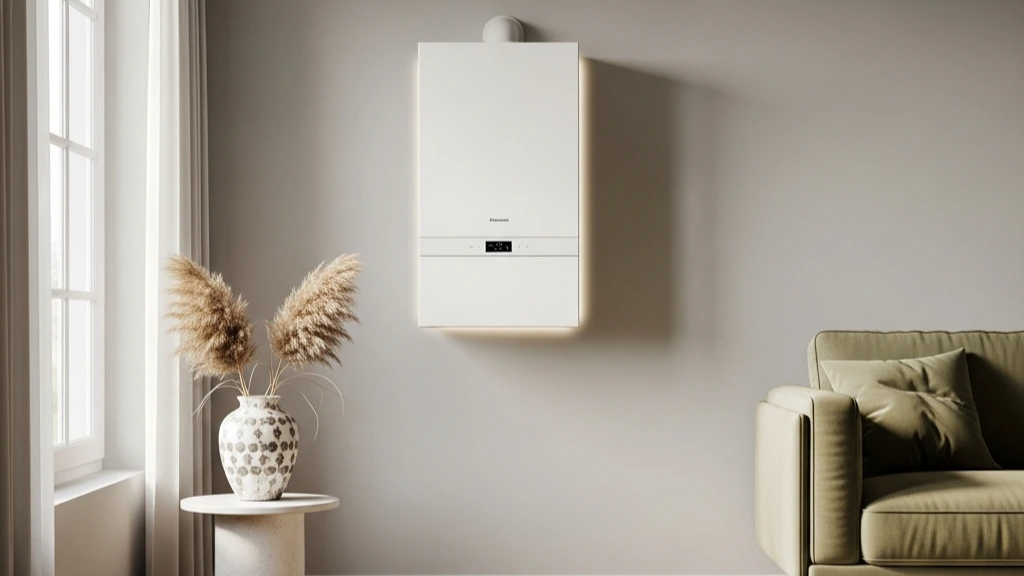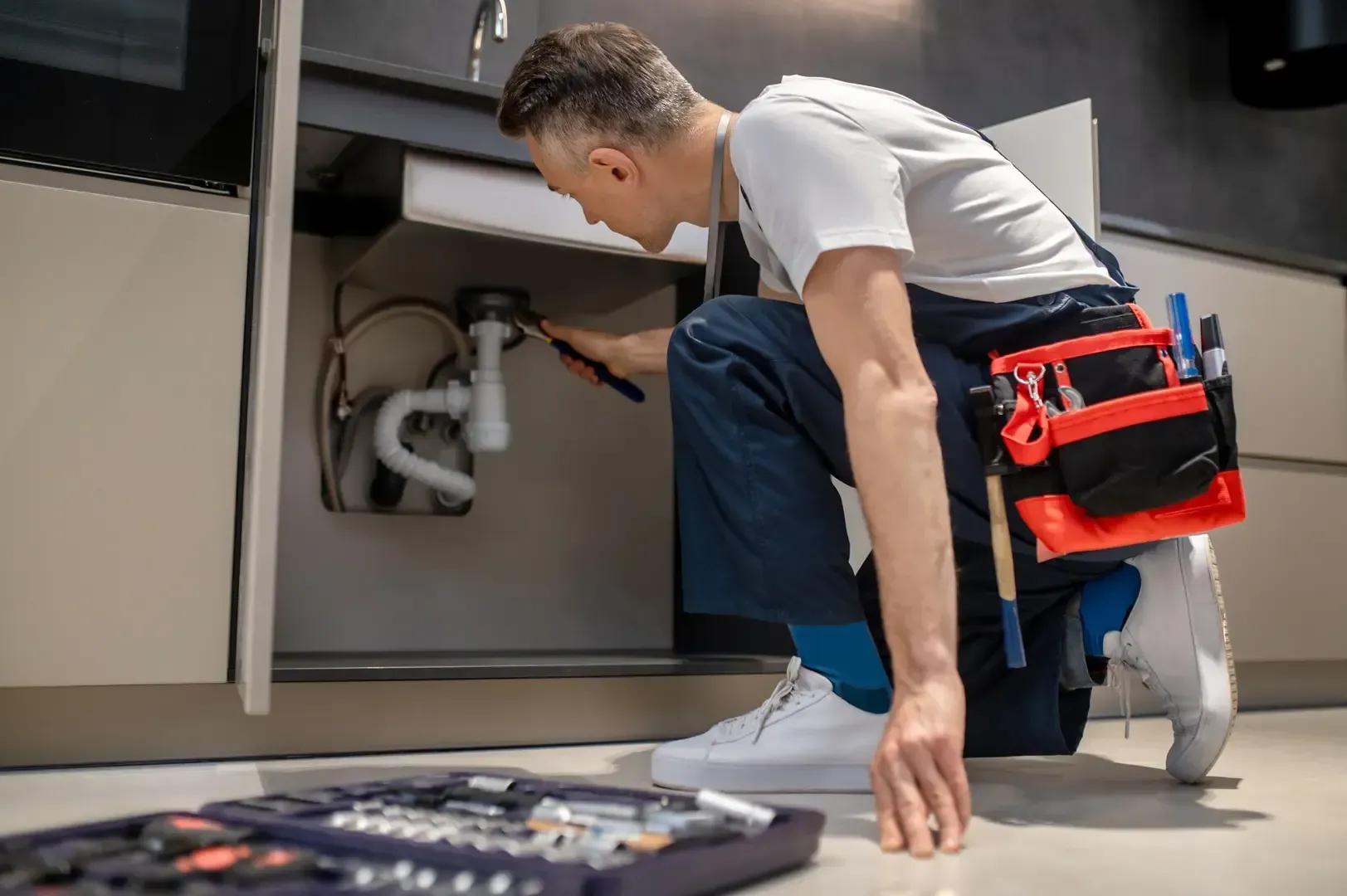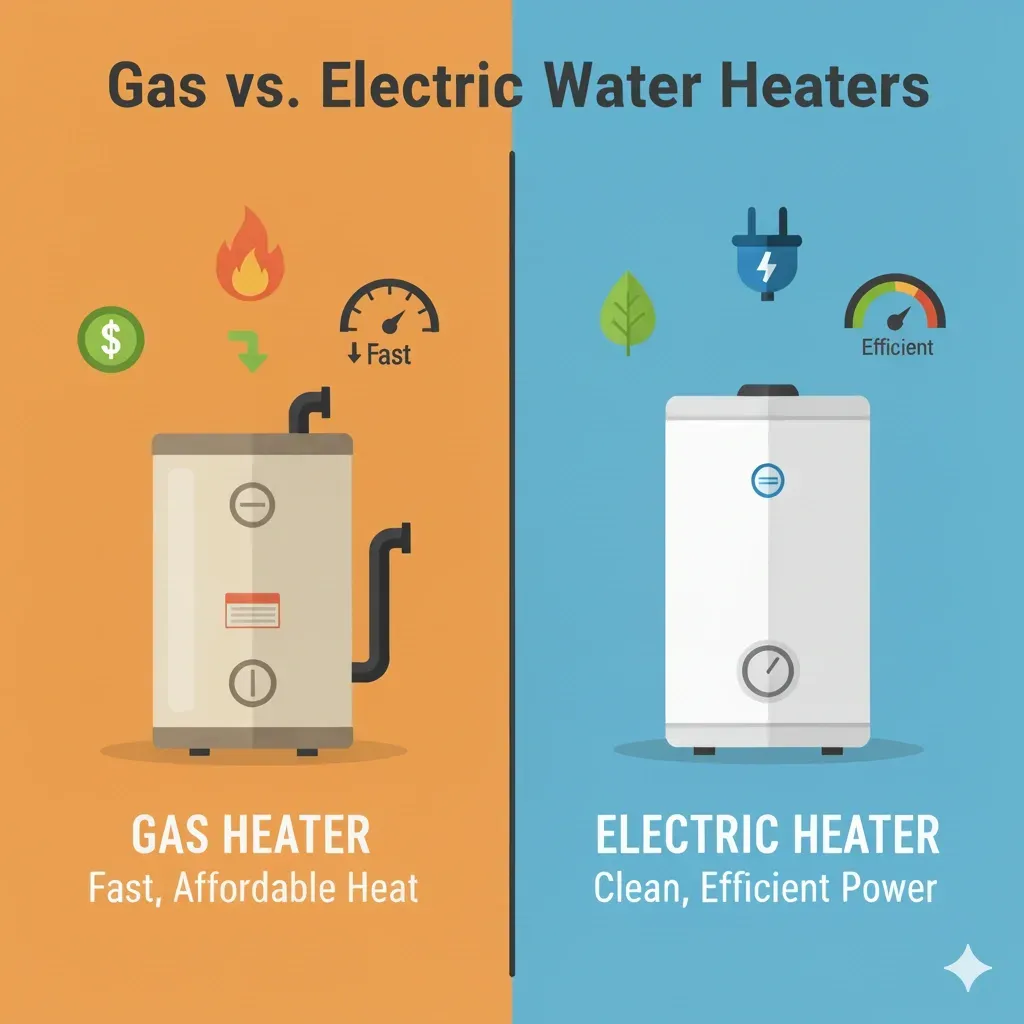5 Benefits of Hiring a Certified Gas Fitter

When it comes to installing gas-powered appliances like BBQs, garage heaters, stoves, dryers, and fireplaces, safety and expertise aren’t optional—they’re essential. At Marino’s Plumbing, we often get asked why it’s so important to hire a certified gas fitter for these types of jobs. The answer is simple: working with gas is dangerous, and doing it wrong can lead to serious risks for your home and family.
In this blog, we’ll break down the top 5 reasons why hiring a certified gas fitter is a smart (and often legally required) decision for appliance installations.
1. Safety First: Gas Is Not a DIY Job
Natural gas and propane are highly flammable, and any mistake, no matter how small, can lead to gas leaks, fires, or even explosions. A certified gas fitter has the training and practical experience to work safely with gas lines, valves, and fittings. They know how to spot issues, test for leaks, and ensure that your installation is safe and up to code.
Why it matters:
An improper installation could put your entire home at risk. Certified professionals minimize that risk by following strict safety protocols and using the right tools for the job.
2. Code Compliance and Permits
Gas work is strictly regulated across provinces in Canada. Whether you're installing a garage heater or connecting a new BBQ to your home’s gas line, proper permitting and adherence to local codes are mandatory.
What we do at Marino’s Plumbing:
We handle all necessary permits and ensure every job meets local and national gas safety regulations. This not only gives you peace of mind but also protects you if you ever plan to sell your home; non-compliant work can impact real estate transactions.
3. Accurate Installation Prevents Future Issues
Certified gas fitters don’t just “connect a line”—they inspect fittings, test pressure, and configure appliances for optimal performance. Whether you’re running a line for a new appliance or retrofitting an older home, precision is key.
Why does this help you?
Proper installation extends the life of your appliances, reduces the risk of leaks or inefficiencies, and saves you money on repairs and utility bills in the long run.
4. Insurance and Liability Protection
Most home insurance policies require that all gas-related installations and repairs be performed by licensed professionals. If an accident occurs and the work was done by an unlicensed individual, your claim could be denied.
Don’t take the risk:
Hiring acertified gas fitter like Marino’s Plumbing ensures you stay covered and compliant with your insurance provider’s requirements.
5. Peace of Mind and Professional Support
When you hire a certified professional, you’re not just getting an installation—you’re getting expert advice, reliable workmanship, and ongoing support if any issues arise. We also perform gas safety inspections, leak detection, and repairs, so you’re never left in the dark.
Added bonus:
If something does go wrong, you have a trusted professional to call who already understands your system and setup.
Final Thoughts
Whether you're upgrading your kitchen appliances, adding a garage heater, or setting up your dream backyard BBQ, don’t take chances with gas. A certified gas fitter brings the skill, safety, and accountability needed to do the job right the first time.
At Marino’s Plumbing, we’re proud to be certified and ticketed gas fitters, serving our community with expert appliance installations, gas line services, and safety-first solutions.




